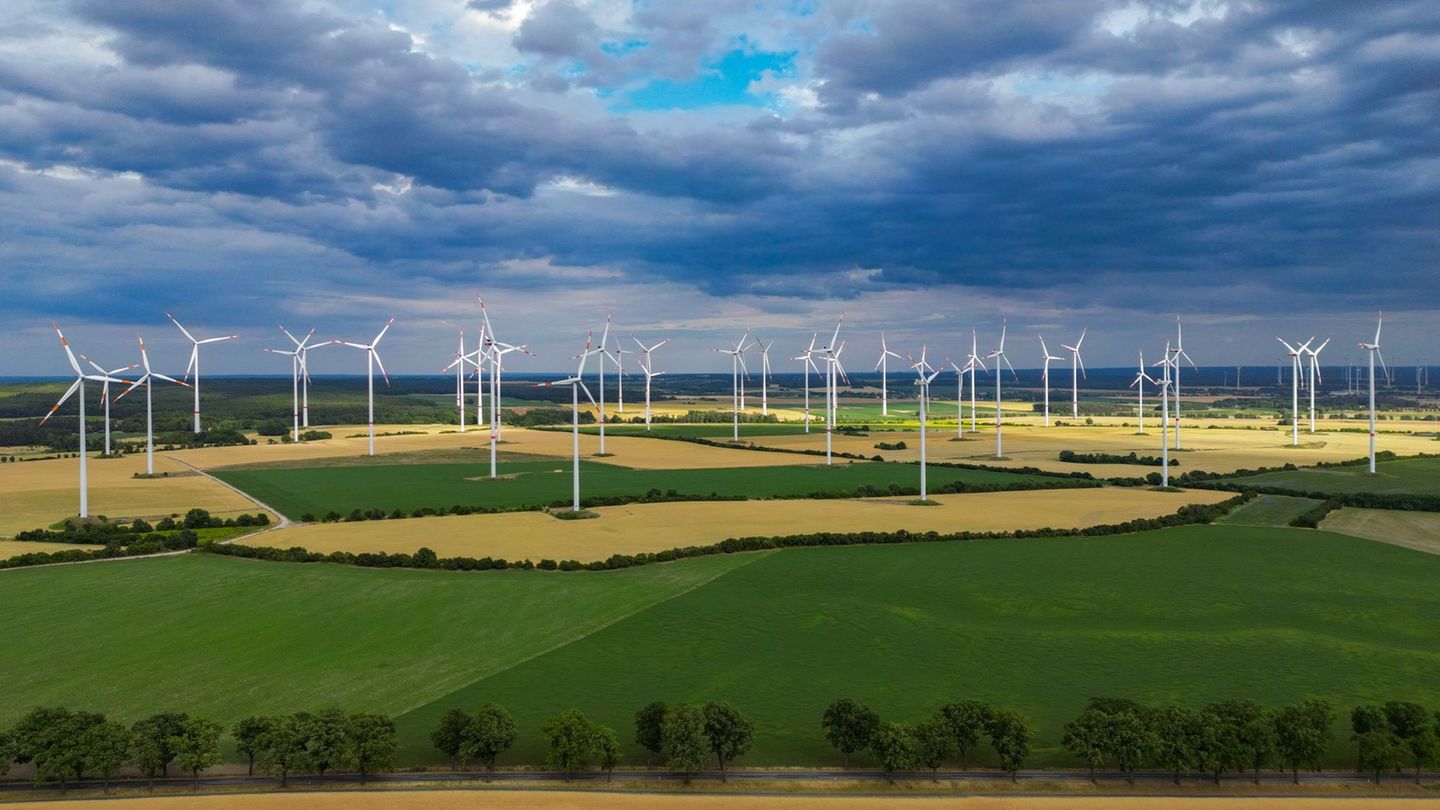Due to the severe financial burdens in the course of the corona pandemic, sticking to the debt brake was hardly conceivable. That should now change again. More money should flow into the reserve.
The federal government wants to comply with the debt brake suspended in the corona pandemic again next year. The federal government is going to put the “brake” on the budget, according to government circles on Wednesday.
Compliance with the debt rule is also a contribution to reducing inflationary pressure.
Due to the crisis, the federal government wants to use the billion-dollar reserve more than previously planned. In order to save on personnel expenses, there should be a “flat-rate job saving” of 1.5 percent in the departments, with the exception of jobs in the federal police, for example.
The cabinet is due to adopt the government draft on Friday. The debt brake enshrined in the Basic Law only allows for minimal borrowing. In recent years, it has been suspended due to the high burden of the corona pandemic. The federal government had incurred many billions of euros in new debt to cushion the consequences of the pandemic, for example on jobs.
Corona-related expenses are being cut
According to the government draft, new debt should now fall to 17.2 billion in 2023. Corona-related expenses are to be reduced, so that the total expenses in 2023 should be 445.2 billion euros.
A special pot with a volume of 100 billion euros was created for billions in investments in the Bundeswehr. This pot stands next to the regular budget, the money is to be borrowed through loans, bypassing the debt brake.
According to the draft, a buffer should be created in the 2023 budget in case the economy collapses as a result of the Ukraine war and tax revenues fall. All forecasts of economic development are subject to great uncertainty, it said. The leeway in the household has become much narrower. More investments are planned, for example for rail, climate protection, education and research and social housing.
Finance Minister Christian Lindner (FDP) had announced that projects would be prioritized. However, there are voices among the coalition partners SPD and Greens who question compliance with the debt brake in view of the great challenges.
Source: Stern
David William is a talented author who has made a name for himself in the world of writing. He is a professional author who writes on a wide range of topics, from general interest to opinion news. David is currently working as a writer at 24 hours worlds where he brings his unique perspective and in-depth research to his articles, making them both informative and engaging.




